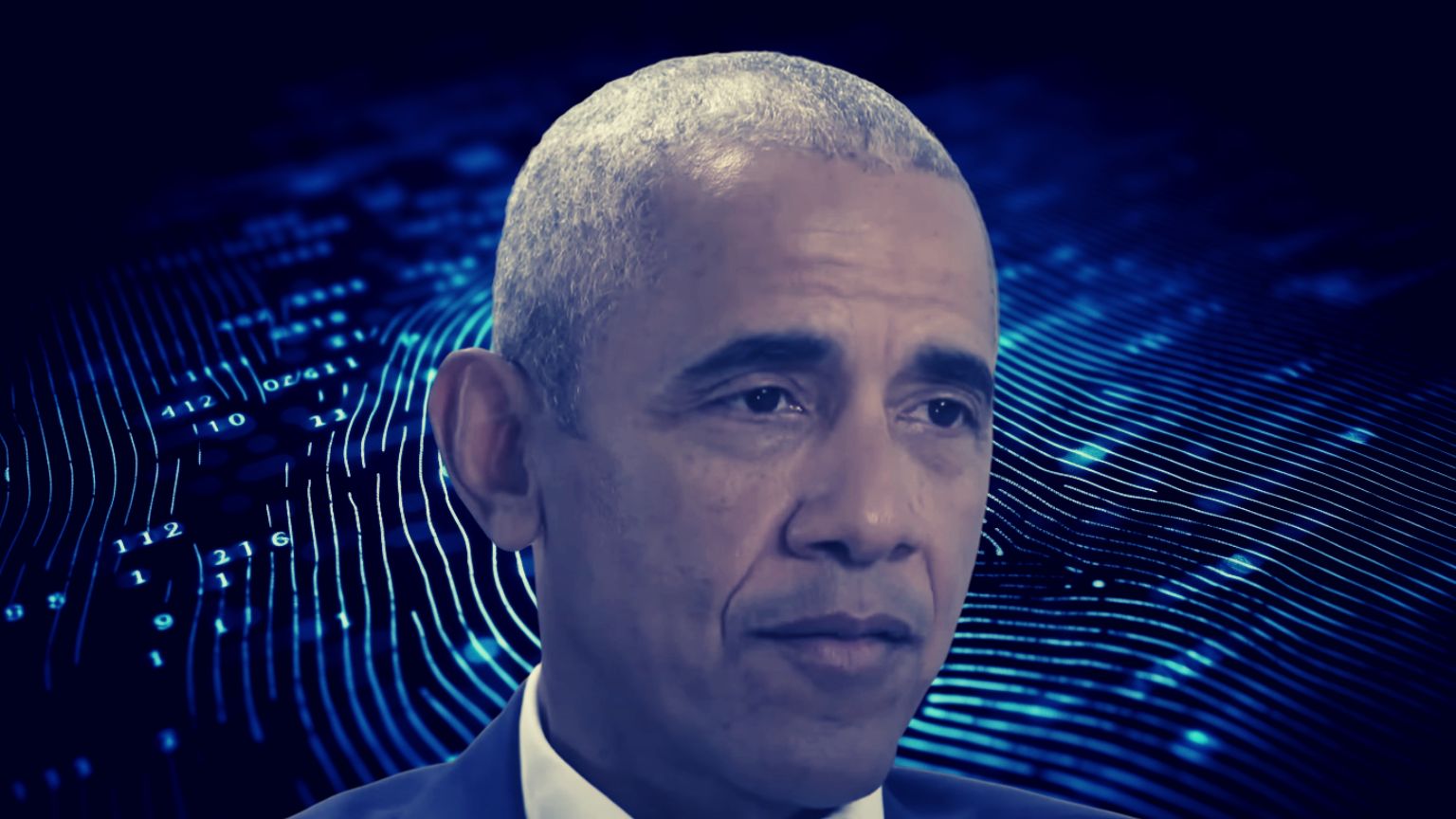Former President Barack Obama has floated the idea of implementing “digital fingerprints” to help the public differentiate between genuine and deceptive content online. It’s the same idea that tech giants such as Microsoft and Adobe are lobbying for. In fact, Microsoft’s President believes it should be illegal to remove such digital fingerprints.
Deep dive: Speaking candidly on the “The Axe Files” podcast hosted by David Axelrod and featured on CNN Audio, Obama delved into what he sees is the urgency of employing tech solutions to combat deepfakes and false information.
Obama, no stranger to misinformation, gave insight into his experience as the most documented individual due to his status as the first, in his words, “digital president.”
“As I’ve told people, because I was the first digital president when I left office, I was probably the most recorded, filmed, photographed human in history, which is kind of a weird thing,” Obama said. “But just the odds are that I was. As a consequence, there’s a lot of raw material there.”
A look at deepfakes: Obama was critical of deepfakes, particularly those made about himself. Initially, these digitally manipulated images, audios, or videos portrayed Obama in light-hearted antics, but he voiced concerns regarding how such technology could amplify misinformation, especially in the electoral realm.
A call for discernment: Obama underscored the imperative for people to become “more discriminating consumers of news and information,” and for the tech world to innovate with “watermarks or digital fingerprints so we know what is true and what is not true.”
The echo chamber: The former president spotlighted the tendency of individuals to cherry-pick news sources based on pre-existing convictions, making them susceptible to swallowing content hook, line, and sinker. He gave a nod to what he called COVID-19 vaccine “misinformation” as a way to prove his point. Probably not the best example.
Electoral tactics: Obama didn’t mince words about misinformation being weaponized to deter voter participation by casting the electoral process as rigged. “That can oftentimes advantage the powerful,” he noted, flagging the risk of escalating public cynicism.
The flip side: Critics won’t shy away from pointing out Obama’s own entanglement with misinformation controversies, including his support for alleged Trump-Russia ties allegations, and that many statements pharmaceutical companies were touting about the Covid vaccine turned out to not always be true.













